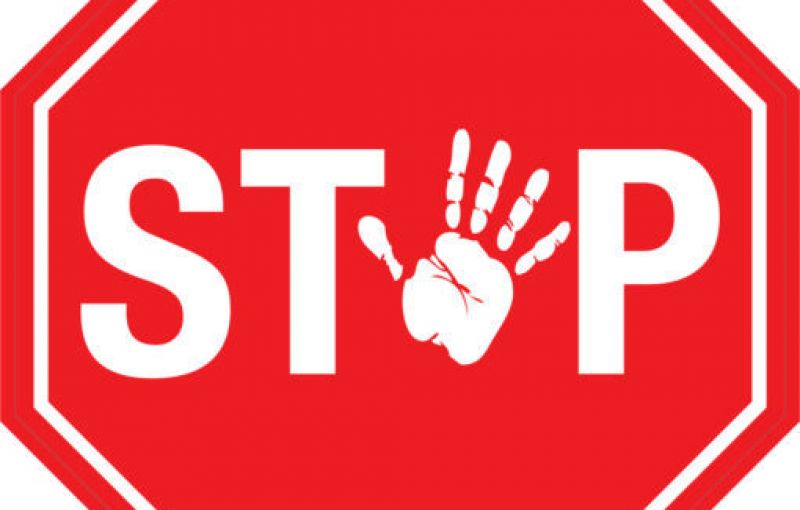
2023
FOR THE FOURTH TIME, THAT’S ENOUGH!
Warnings — Give ‘em “the look,” “the stop sign,” the quiet word, the louder word, it doesn’t matter if you never take care of business. Warnings are not enforcement. Technical fouls, red cards and ejections are.
It’s a common scene in games these days: The official clearly warning a nearby coach or player that that’s enough. Maybe he’s putting up the “stop sign” with his hands. Maybe you can see him having a quiet word with the coach or player. But how effective are those warnings if there’s never any follow through?
One of Peter Sellers’ last movies was the dark comedy, Being There. In that cult favorite, he played Chance the gardener, a dapper, millionaire’s gardener with the mind of a young child. As the plot developed, Sellers’ character rose inadvertently through society’s ranks by affably doing nothing and blithely repeating the same few innocuous phrases.
People, desperate for a hero, mistook his shtick for wisdom and character so that, by the time the credits rolled, he was being touted as a presidential candidate — to the horror of the audience. The movie satirized our culture’s tendency to equate success more with doing nothing wrong than with standing out and making a difference.
Michael Josephson says officials are doing a huge injustice when they choose to play “Chance the Referee.”
Josephson is the founder of the Josephson Institute of Ethics, which has carried the Character Counts! program to more than five million schoolchildren in the U.S. The former law professor and former NASO board member is an outspoken proponent of officials applying the rules as written for the betterment of the game.
“When somebody becomes more discretionary because he or she is concerned about the effect of making the big call, then that official is intimidated,” he contends. “It amounts to having been bribed.”
Josephson acknowledges that fans, players and coaches demand consistency from officials more than any other single attribute. He thinks that if the refs wouldn’t worry about the effect of their calls but simply make them per the rules, they would automatically create a high level of consistency. That, he feels, would make their jobs easier than spraying around warnings and creating the impression of inconsistency, indecision and even bias.












